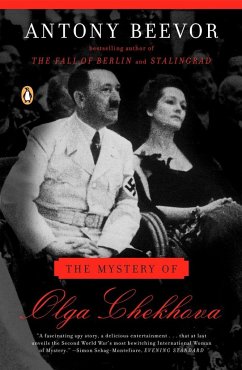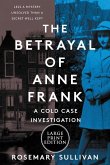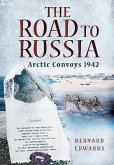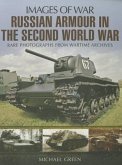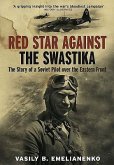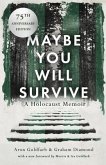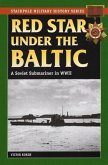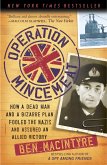In his latest work, Antony Beevor-bestselling author of Stalingrad and The Battle of Arnhem and one of our most respected historians of World War II-brings us the true, little-known story of a family torn apart by revolution and war. Olga Chekhova, a stunning Russian beauty, was the niece of playwright Anton Chekhov and a famous Nazi-era film actress who was closely associated with Hitler. After fleeing Bolshevik Moscow for Berlin in 1920, she was recruited by her composer brother Lev to become a Soviet spy-a career she spent her entire postwar life denying. The riveting story of how Olga and her family survived the Russian Revolution, the rise of Hitler, the Stalinist Terror, and the Second World War becomes, in Beevor's hands, a breathtaking tale of survival in a merciless age.
Hinweis: Dieser Artikel kann nur an eine deutsche Lieferadresse ausgeliefert werden.
Hinweis: Dieser Artikel kann nur an eine deutsche Lieferadresse ausgeliefert werden.

